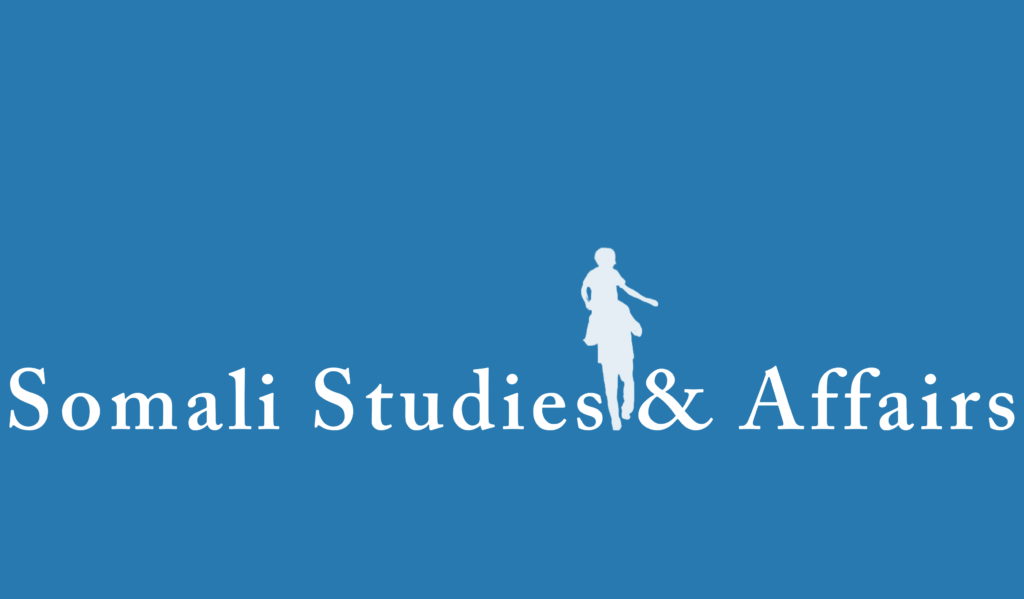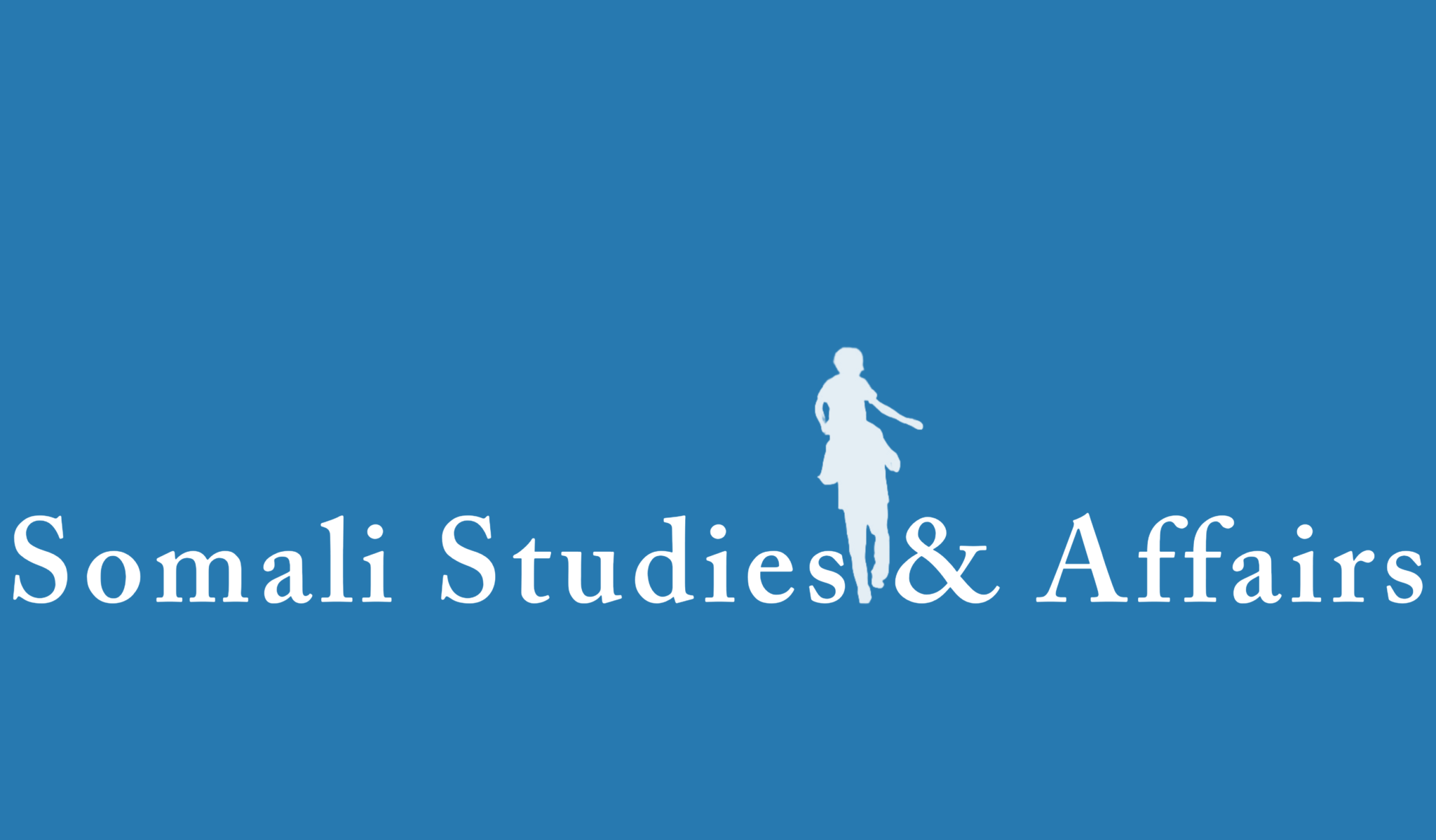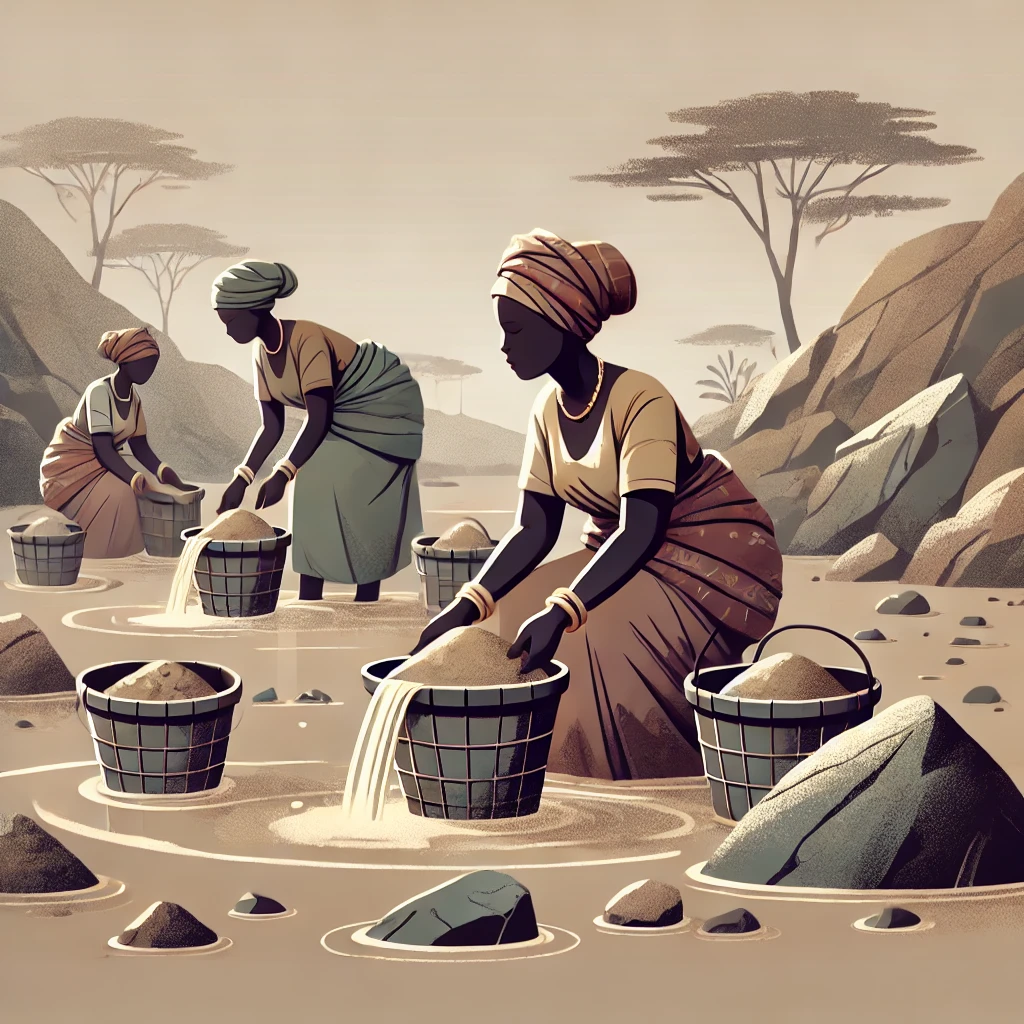Introduction: Africa, endowed with abundant natural resources, continues to grapple with poverty, underdevelopment, and systemic inequality. While international aid flows into the continent, the reality is far from equitable, with many African nations experiencing resource exploitation and economic dependency. In this article, we delve into the complex dynamics of resource extraction in Africa, highlighting the stark disparity between the wealth of natural resources and the persistent poverty afflicting its people.
The Paradox of Plenty: Africa is home to vast reserves of minerals, oil, and natural gas, yet the majority of its population lives in poverty. This paradox of plenty is emblematic of the continent’s struggle to harness its resources for sustainable development. Instead, resource-rich countries often fall victim to predatory practices by multinational corporations and foreign governments, who exploit Africa’s wealth for their own benefit, leaving little behind for local communities.
Resource Extraction and Exploitation: Resource extraction in Africa is often characterized by opaque contracts, environmental degradation, and social unrest. Multinational corporations, lured by the promise of profit, negotiate deals with corrupt governments, offering lucrative contracts in exchange for access to mineral deposits and oil fields. However, the benefits of these agreements rarely trickle down to the local population, who are left to bear the brunt of environmental degradation, displacement, and social upheaval.
Economic Dependency and Aid: In many cases, African nations find themselves trapped in a cycle of economic dependency, reliant on foreign aid to meet basic needs. While international donors provide financial assistance, the terms of aid often come with strings attached, further entrenching Africa’s dependence on external assistance. Moreover, aid flows can serve as a smokescreen for continued resource extraction, allowing donor countries to maintain control over Africa’s wealth while offering token gestures of support.
Corruption and Mismanagement: Corruption and mismanagement exacerbate the exploitation of Africa’s resources, diverting funds away from essential services and exacerbating poverty. Wealthy elites and foreign investors collude with government officials to siphon off revenue from resource extraction, leaving little for investment in education, healthcare, and infrastructure. The lack of transparency and accountability in resource governance perpetuates a cycle of poverty and inequality, trapping African nations in a state of perpetual underdevelopment.
Civil Society Resistance: Despite the challenges they face, African communities have not remained silent in the face of resource exploitation. Civil society organizations, grassroots movements, and indigenous communities have mobilized to demand accountability and advocate for equitable resource governance. From protests against land grabs to legal battles over environmental pollution, African activists are fighting to reclaim control over their resources and secure a better future for their children.
Conclusion: The exploitation of Africa’s resources is a stark reminder of the inequities that persist in the global economic system. While international aid may offer temporary relief, it is not a panacea for the structural injustices that plague the continent. True development in Africa can only be achieved through equitable resource governance, transparent institutions, and grassroots empowerment. As the international community grapples with the challenges of global inequality, it must confront the root causes of resource exploitation in Africa and work towards a more just and sustainable future for all.





